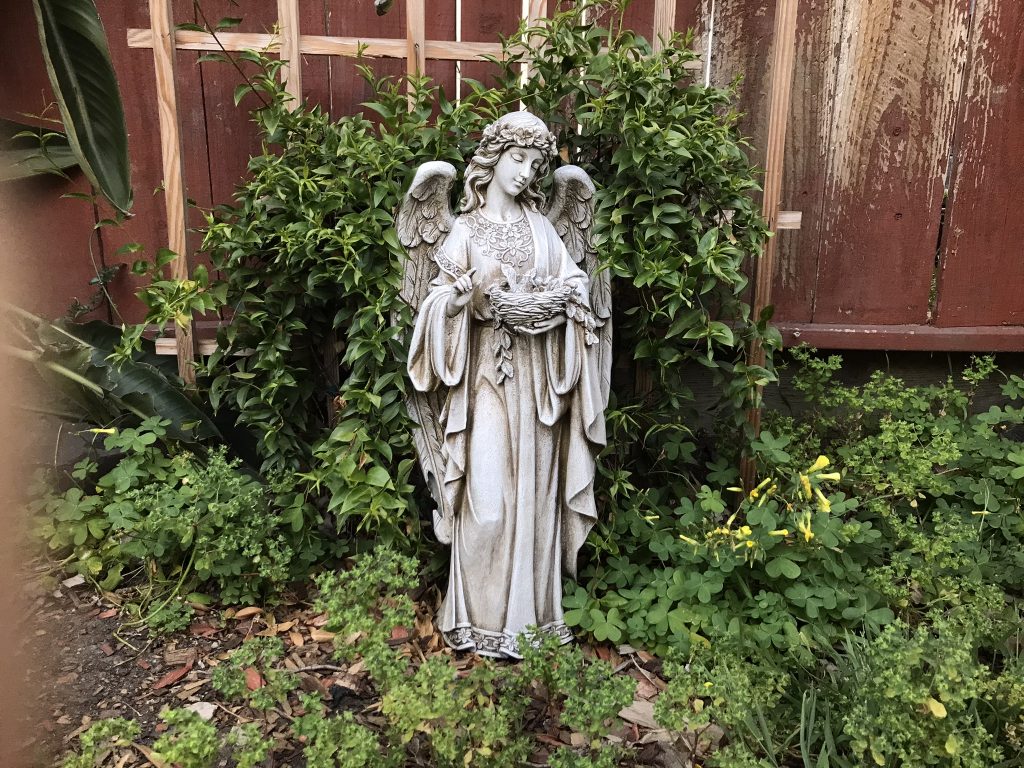O God,
You have created the universe,
amazing and astonishing in its infinite size and diverse composition
You have created us in your image,
that we may serve you and do great things in your name.
I offer myself to you to do as you will.
Aid me in my struggles,
Remind me that you have made me for wonderful things,
Fill my heart with your Spirit that I may pour out your glory with my voice and hands,
Encourage me when I feel I have nothing,
Help me believe that it is not too late,
and that I am neither too small or too broken
to be healed.
Help me to love myself and others,
to nurture my heart and gifts and others lives,
to give myself comfort,
and uplift my fellow travelers,
That we may enrich your universe.
Help me create in your name that I may glorify you and all of creation.
Amen.
